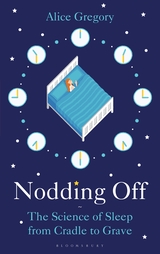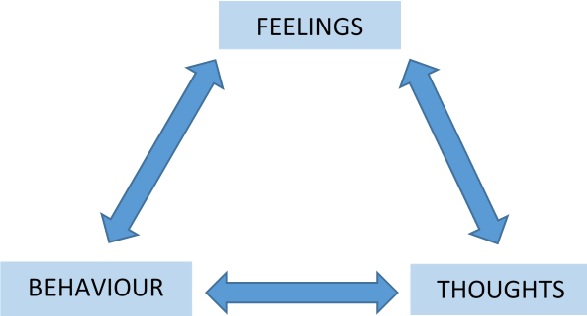
In this blog, we interviewed research assistant Bridie MacDonald about her work in IAPT. What is the difference between a psychological wellbeing practitioner (PWP) and a high intensity (HIT) CBT Therapist? PWP and HIT CBT Therapist are both psychological therapists in NHS Improving Access to Psychological Therapy (IAPT)…









Recent Comments